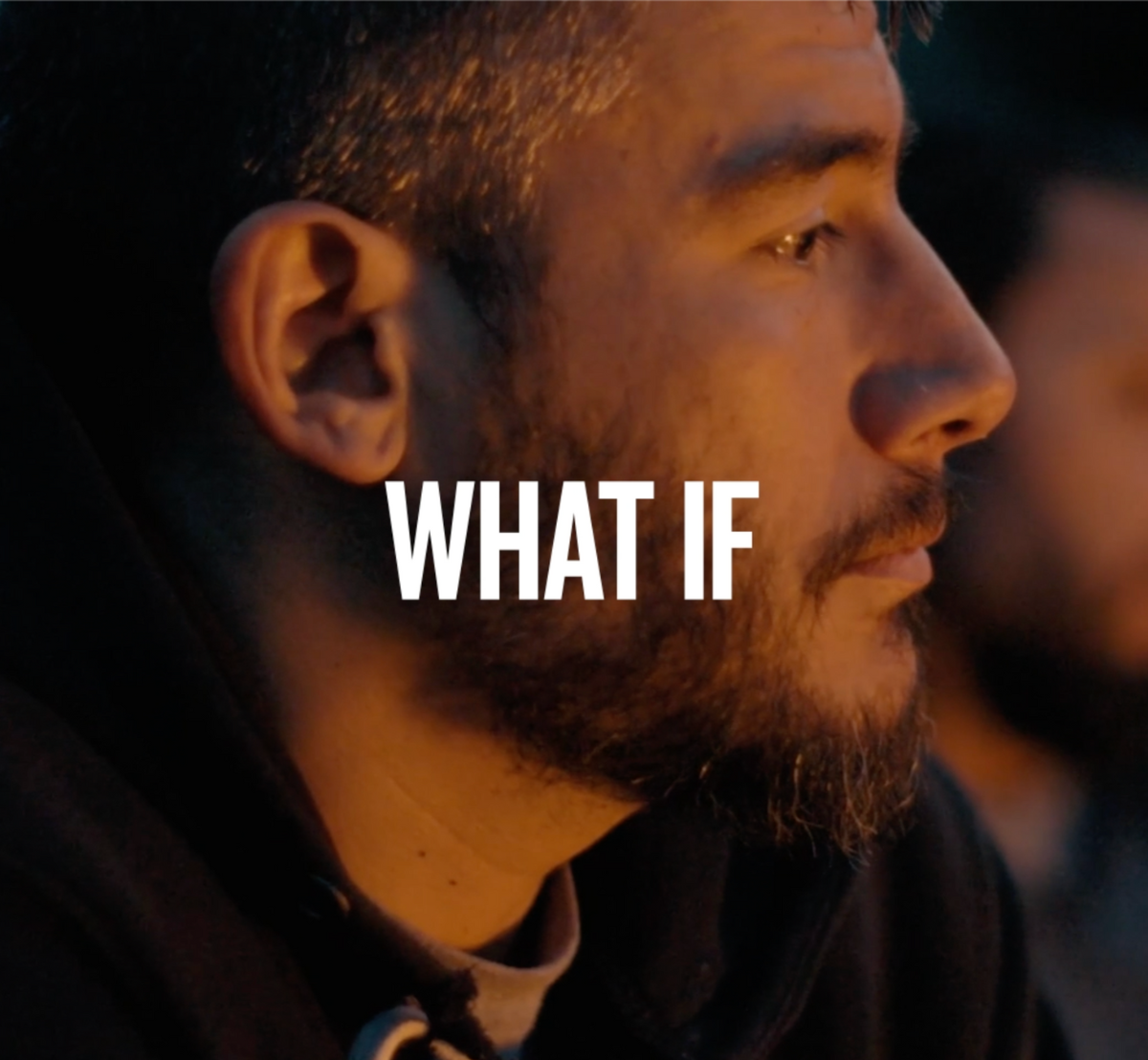Your opportunity – with kindness, with love, with support, with empathy – is to help people refocus their perspective, to reframe their perspective, and help them to understand what actually does matter in life – and more importantly, to see what is right in front of them to be grateful for. Because we live in an age of incredible comfort and incredible possibility and most people are so stuck in their own victimhood that General Mattis describes that they can’t see it. So you have an incredible opportunity – because of your experiences – to speak with experience and strength and kindness about the things that you’ve been through and about where gratitude can come from in our lives.
As you think about being of service to folks, there’s a few different ways that you can do that. The first thing you can do is lead by example – don’t talk about it, be about it. Model to the people around you a sense of contentment, a sense of understanding. Be a living embodiment of what gratitude is. Don’t just tell people they should have gratitude practice – but live that every single day.
The shift in priorities, which is the other part of appreciation for life that I keep focusing on, is also a place where you can help support others. I have many civilian friends and they see me living a life that’s very different than their own – and it often shakes their world view, that somebody is not on the same track as them, not living that rat race and you have the ability to do that with your friends and with your social networks because of your example.
The second thing you can do is ask good questions. When someone you’re talking with is going on and on and on and getting stuck in one of those vicious loops where they’re complaining about this and complaining about that, just stop and say, ‘Hey, I understand, but answer one question to me, what are you grateful for right now?’ Just ask him or ask him what was the highlight of your day today or what did you learn today? You have the ability with a single question to stop somebody who’s in a tailspin and turn them around.
You can send quotes to your friends and say, ‘Hey, what are you grateful for? Just thinking about you – saw this and thought you might enjoy it.’ You could send a text to someone telling them that you’re grateful for them. You’ll be surprised at the impact it makes when you do that.
The third thing you can do is spread gratitude and appreciation. You can
certainly be a keyboard Warrior if you want to be. You can go on and be one of those people who b*tches about every bad customer service experience you had or how bad your flight was or someone who screwed you over – or you could be a person on social media who’s actually injecting positive life-affirming, gratitude-driven content into the world.
You get to make that choice and you will affect the people around you – so think about what you’re posting and putting out into the world, and the effect that not only does it have on others but that it has on you.
The last thing you can do is don’t judge other people. Don’t judge them. There’s a quote from Malcolm X and he said, ‘Don’t be in a hurry to condemn because he doesn’t do what you do or think as you think or as fast. There was a time when you didn’t know what you know today.’ Think about that – there was a time when you didn’t know what you know today – so don’t hate on somebody because they’re stuck in victimhood, because they can’t find gratitude.
What you can do is take the opportunity to inform and engage and inspire from a place of kindness and non-judgment because there’s a time when you didn’t know what you know now. You can also share your struggle with others because that’s what liberates them to start walking up that mountain and start to be willing to try to get to the summit that is PTG. There’s incredible opportunities for you to teach people and share what you’ve learned about the importance of two things – one is gratitude and the second is the notion of what actually matters in life – so take all of that in and think about service and appreciation for life, and reflect on three questions.
The first is to describe a time in your life when somebody else helped you cultivate appreciation for life. The second is describe a time in your life where you helped somebody else cultivate a sense of gratitude and priorities. And the third is how can you use all that you possess – your wisdom, your skills, your strength – to help other people cultivate this appreciation for life? And on that front, when I tell people there was a time in my life where I couldn’t see anything to be grateful for, it starts a really interesting conversation with people about their own struggle – and maybe they’re in it right then and there – but think about how you can use the full scope of your experience, and your skills, and your abilities, and your training to help other people achieve appreciation for life.

